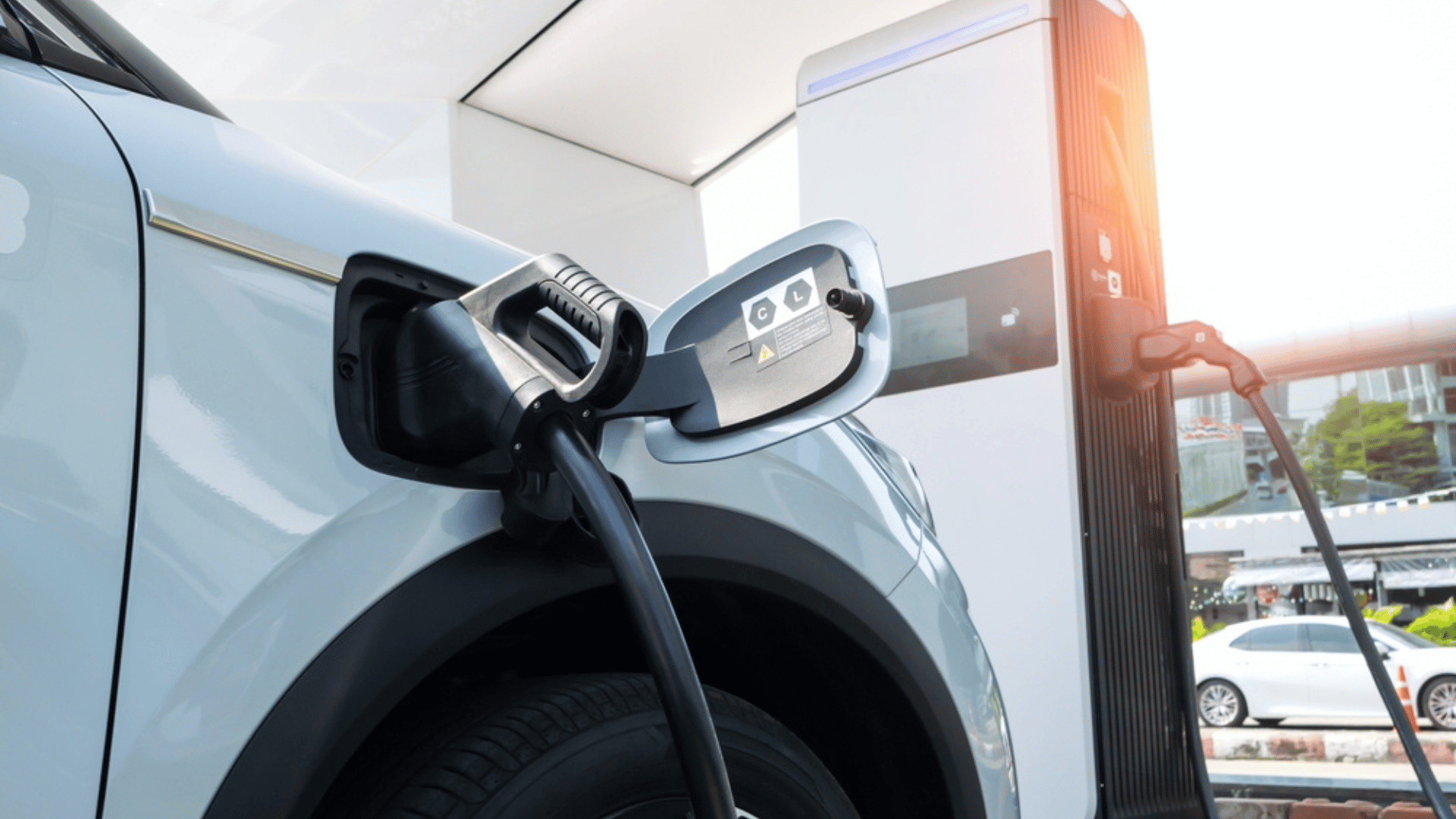According to a small study by the University of Michigan Transportation Research Institute (UMTRI) and startup Utilidata, new AI tools could give utilities real-time data to make the power grid and EV charging more reliable and energy-efficient.

The study authors are using AI to analyze EV charging behavior in hopes that the insights could improve the driver’s experience and help utilities and power grids prepare for the increased electricity demand. Thus far, they’ve discovered that EV charging can draw power inconsistently and lower power quality.
This underlying problem could waste energy or lead to EV chargers breaking, which can be a hassle as they aren’t as easily accessible as gasoline. The ability to anticipate or immediately detect those issues could help us use electric energy with maximum efficiency.
According to the study authors, AI models could give utilities a heads-up on how charging might impact the power grid. Additionally, they could advise drivers on where and when to charge to help EV charging companies maintain their equipment best.
Explore Tomorrow's World from your inbox
Get the latest science, technology, and sustainability content delivered to your inbox.
I understand that by providing my email address, I agree to receive emails from Tomorrow's World Today. I understand that I may opt out of receiving such communications at any time.
UMTRI is working with the North American Electric Reliability Council to address the initial findings. They also worked with Utilidata on this pilot study, which was conducted to inform the design of a larger research project on the same ideas.

This study involved installing electric meter adapters outfitted with Utilidata’s AI platform Karman at six EV charging stations at the University of Michigan. The AI platform analyzed current, voltage, power, and other dynamics. The researchers also installed devices on 10 drivers’ vehicles to monitor their charging habits.
One of the issues the team discovered was short cycling or inconsistent power draw from vehicles that would stop and start charging even after the battery was fully charged. This burns through energy inefficiently and could cause wires and transformers to overheat.
They also discovered that EV charging lowers power quality when electricity deviates from ideal voltage and frequency ranges. This could also cause wear and tear on the equipment.
Due to their findings, study authors speculate that areas with higher amounts of unmanaged EV charging could see impacts on their power grid. As the researchers continue their study on a larger scale, they hope to find ways to ease the transition to EVs on the power grid.
“The biggest takeaway, I think, is that we confirmed that there’s a lot of behaviors from electric vehicles that are not known to anyone — not known to car owners, not known to grid operators, not known to charger OEMs,” Utilidata’s vice president of product solutions, Yingchen Zhang, told The Verge. “So there’s a great need to really open up all this data.”







